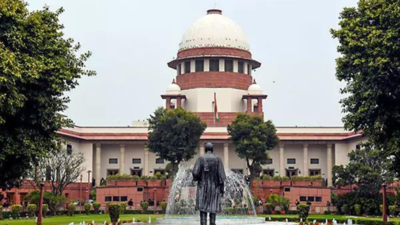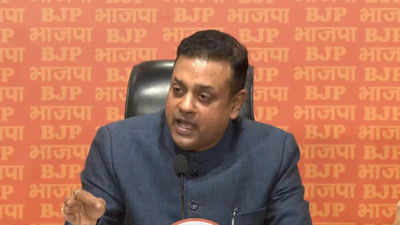
Representative photo MUMBAI: For the minority Christian community in Maharashtra, the election offers difficult choices, especially after home minister Amit Shah’s statement that a BJP govt in the state will implement the anti-conversion law and never allow quota for minorities. Despite the fact that no Christian candidate has been fielded by major political parties in Mumbai, community leaders are advising members to vote in large numbers on Nov 20. Cyril Dara, core member of a federation of NGOs named Samast Christi Samaj, said, “Christians are targeted by anti-conversion laws, which create an environment where conversion to a minority religion is very dangerous, and sharing the gospel can lead to persecution.
” Bishop Allwyn D’Silva, in-charge of the social apostolate of the Archdiocese, echoed the need to “vote in parties that respect the Constitution”. “We must invoke the conscience of people regarding issues like communal tension, worsening economic inequality, lack of jobs, and multiple injustices like the anti-conversion bill.” Herbert Barretto, president, Maharashtrian East Indian Christian Federation, said, “The community is unhappy with Congress, NCP and both Shiv Senas for ignoring our members during distribution of tickets.
” Melwyn Fernandes of AOCC also expressed hurt over the “exclusion of Christian candidates from Congress party’s list” despite its claims of “secularism, and the community’s loyalty”. Fr Frazer Mascarenhas SJ, an educational administrator and Catholic priest, said, “In these elections, Christians are more interested in voting because of increasing violence against different groups, apparent breakdown of law and order, and abuse of laws like UAPA and PMLA. Other factors include economic distress, lack of jobs, hate speeches and the deterioration of democratic institutions like media, even judiciary, as in the case of Prof Saibaba and Fr Stan Swamy.
”.














